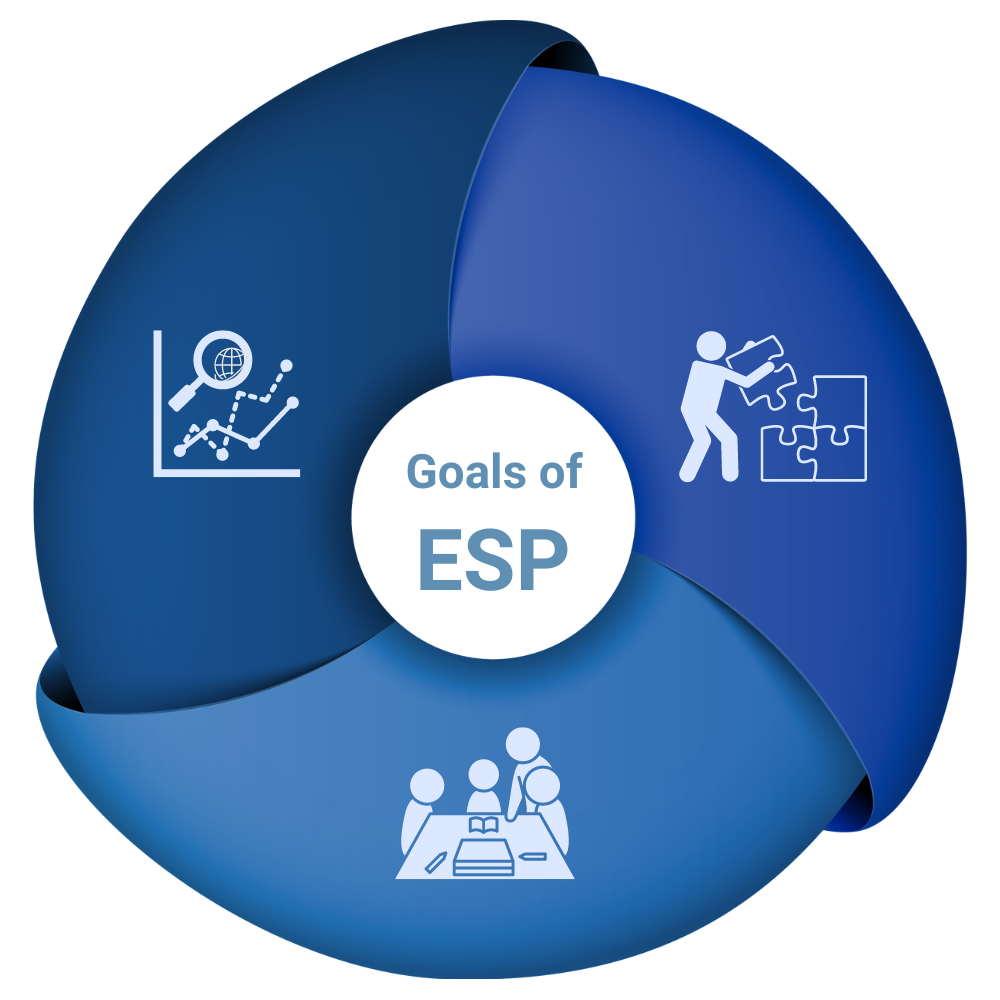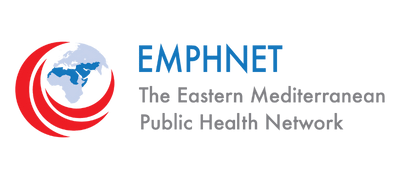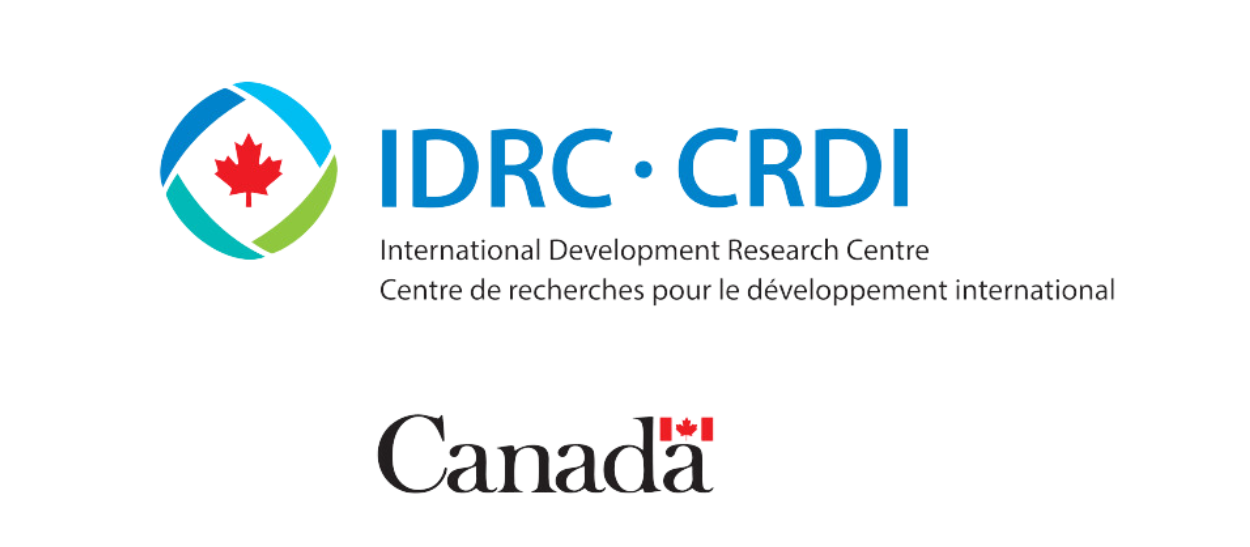Programs
E-Sahha Program |ESP
ABOUT ESP
The E-Sahha Program aims to develop a systematic approach to the employment of digital health and AI-based interventions in the Middle East North Africa region. The program aims to address the growing health burdens of disease, the gender gap in equitable access to quality health services, the lack in availability of skilled health workers, and the barriers imposed by displacement and migration. It focuses on developing, testing, and evaluating contextualized innovative digital health and responsible AI-based solutions that improve health outcomes, enhance access to health services, build the capacity of health providers, and minimize gender and ethnic gaps in the Global South.

Generating research locally, regionally and globally
THE TEAM
ONGOING PROJECTS

The Global Health and Artificial Intelligence Network in the Middle East and North Africa region (GHAIN MENA) is a 3-year project led by the E-Sahha Program at the Global Health Institute. Supported by the International Development Research Centre (IDRC), GHAIN MENA aims to empower researchers from different institutions of the MENA region to design and implement responsible AI-based digital health interventions through partnerships and tailored capacity building.

The Responsible Artificial Intelligence for Global Health (RAI4GH) is a 3-year project led by the E-Sahha Program at the Global Health Institute. Supported by the International Development Research Centre (IDRC) and the UK International Development partnership, this project aims to promote the scalability and sustainability of responsible AI innovations for Global Health in the Middle East and North Africa (MENA), with a focus on enhancing sexual, reproductive and maternal health (SRMH) outcomes in the region.
PREVIOUS PROJECTS
The Gamification, Artificial Intelligence and mHealth Network for Maternal Health Improvement (GAIN MHI) project aims to improve maternal health and enhance the uptake of antenatal care services among disadvantaged and refugee pregnant women through the employment of an innovative contextualized multi-component digital health intervention including mHealth, gamification for development of health professionals, and artificial intelligence.
Sijilli is a mobile electronic personal health record created for Syrian Refugees by the Global Health Institute and EPIC
Sijilli: A Story of How Technology Can Give Promise of Better Health for Refugees
This video was produced for the Global Health Institute by BBC StoryWorks, the commercial content division of BBC Global News.














